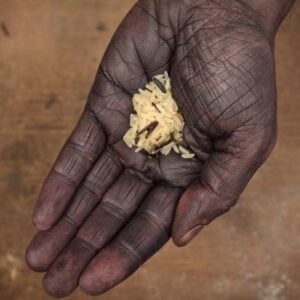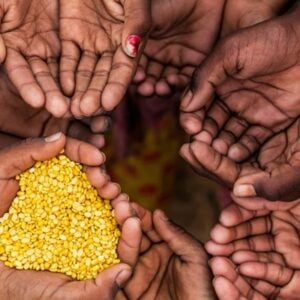The United Nations World Food Programme (WFP) has provided life-saving assistance to over two million people in South Sudan in 2025. However, a severe funding shortfall is jeopardizing the continuation of this aid, placing millions of people at risk of losing access to critical food support.
Currently, 7.7 million people—half of South Sudan’s population—are experiencing severe hunger, with 83,000 facing catastrophic levels of food insecurity (IPC Phase 5). This includes 32,000 people in conflict-affected Upper Nile State and 39,000 returnees fleeing violence in Sudan. Additionally, a record 2.3 million children are at risk of malnutrition, especially in areas impacted by conflict and flooding such as Upper Nile and Bentiu.
Despite the challenges, improvements have been seen in areas where humanitarian access has been possible. In Jonglei State’s Uror County, all IPC5 hunger pockets have been alleviated due to consistent WFP support. In ten other counties where conflict has eased, improved crop production has led to better food security outcomes. However, sustained peace and uninterrupted aid remain essential to maintaining these gains.
In response to the growing crisis, WFP has assisted more than 300,000 people affected by violence in Upper Nile alone. Emergency food deliveries have included airdrops to remote and famine-threatened areas in Greater Upper Nile, distributing 430 metric tons of food to date. River convoys have resumed along the White Nile, including a recent shipment of 1,380 metric tons of food and non-food supplies to Upper Nile. WFP also continues to operate the United Nations Humanitarian Air Service (UNHAS), ensuring access to seven critical destinations across Upper Nile.
Additionally, the WFP-led Logistics Cluster has responded to a cholera outbreak in Upper Nile by airlifting 109 metric tons of medical supplies since March to affected areas in Upper Nile and Unity states.
However, WFP faces a significant funding gap. With current resources, it can only support 2.5 million of the most food-insecure people—just 30 percent of those in need—often with reduced rations. To sustain operations through the end of the year, WFP urgently requires US$274 million. Without additional funding, further ration cuts will be necessary starting in September, threatening to reverse the fragile progress made so far in stabilizing food security across South Sudan.






